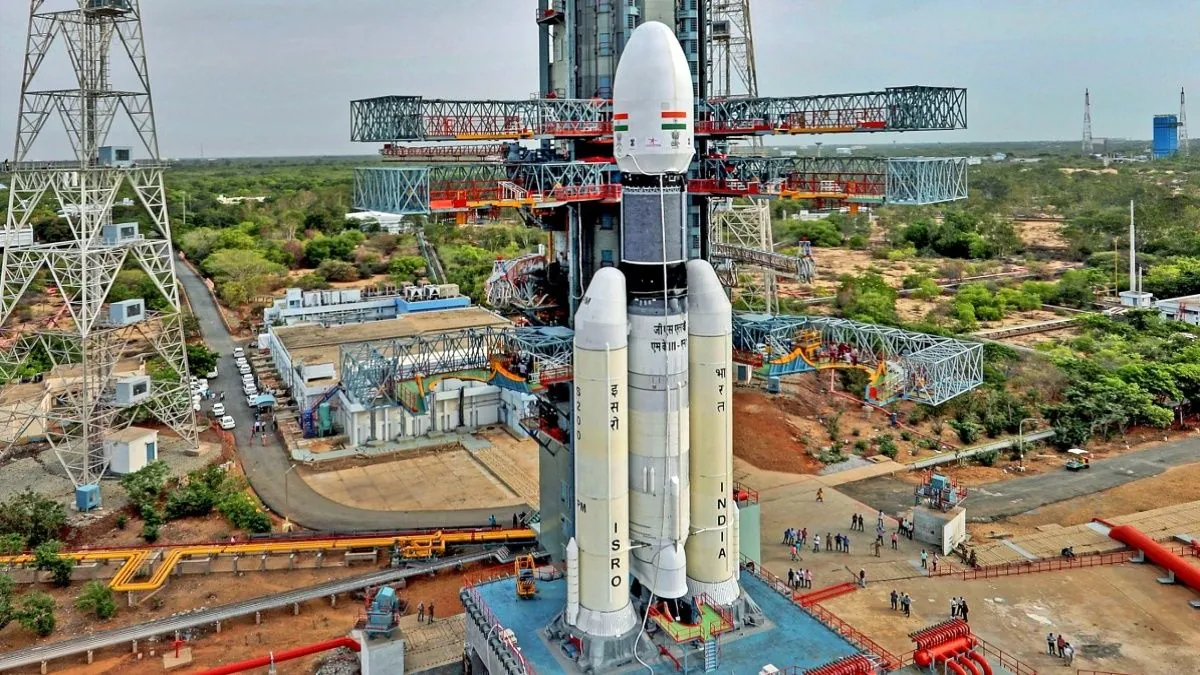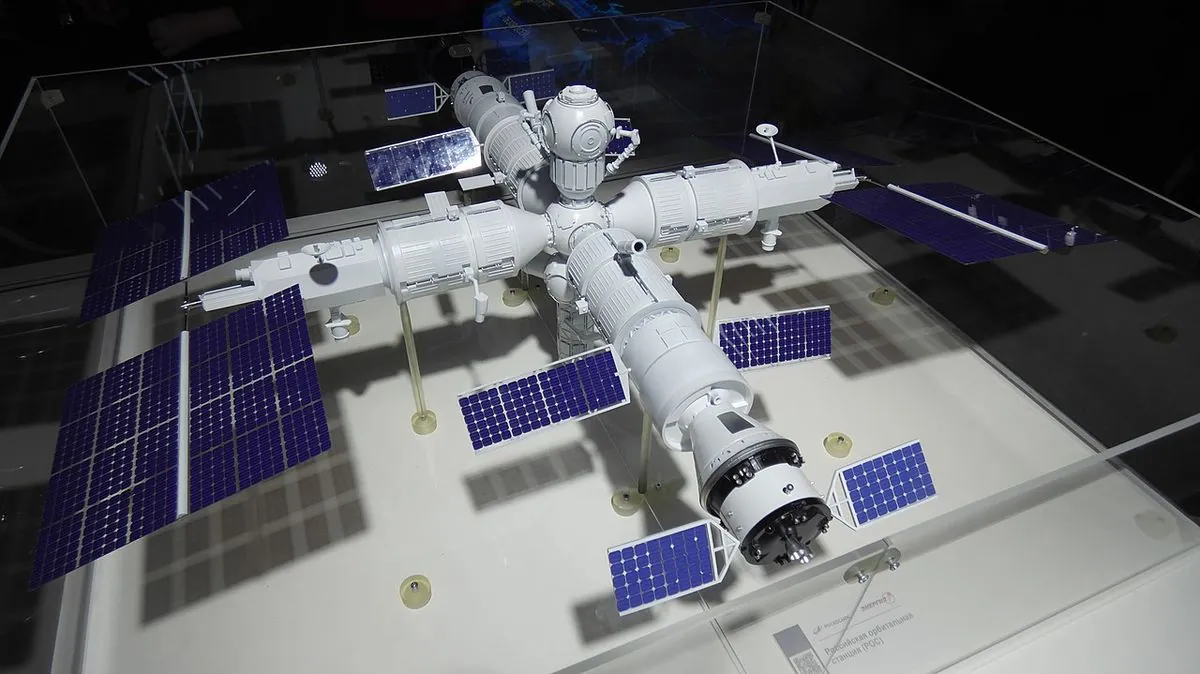ISRO Aims for Budget Boost, Competitive Pricing in Global Space Race
India's space agency anticipates 20-30% budget increase, claims launch prices competitive with SpaceX. ISRO prepares for crewed missions and market expansion amid sector liberalization.

India's space ambitions are reaching new heights as the Indian Space Research Organization (ISRO) sets its sights on increased funding and global competitiveness. In a recent interview, ISRO Chairman S Somanath revealed expectations of a 20-30% budget increase in the coming years, signaling a significant boost to the country's space program.
The agency's current budget stands at approximately 130 billion rupees ($1.55 billion), a fraction of NASA's $25 billion allocation. Despite this disparity, ISRO is making strides in cost-effective space exploration. Somanath asserted that ISRO's medium-lift Launch Vehicle Mark-3 (LVM-3) is price-competitive with SpaceX's offerings, although specific figures were not disclosed.
India's space sector is undergoing rapid transformation, with the government pushing for increased privatization and foreign investment. The country aims to expand its share of the global space market from $8 billion to $44 billion over the next decade. This ambitious goal aligns with broader objectives, including commissioning an Indian space station by 2035 and landing an Indian astronaut on the moon by 2040.
To facilitate growth, India is establishing a 10 billion rupee venture capital fund for the space sector. The government has also relaxed regulations, allowing 100% foreign direct investment in satellite system manufacturing without official approval.

ISRO's plans extend beyond commercial ventures. The agency is actively developing a heavy-lift booster rocket, combining public and private funding. This initiative complements ongoing preparations for the Gaganyaan mission, India's first crewed spaceflight program. Somanath announced that an uncrewed test flight for Gaganyaan is expected by December 2024, marking a crucial step towards joining the elite group of nations capable of human spaceflight.
India's space program has already achieved significant milestones. In August 2023, the country successfully landed on the moon's south pole with the Chandrayaan-3 mission, demonstrating its growing capabilities in space exploration. This achievement builds on previous successes, such as the 2014 Mangalyaan mission, which made India the first country to reach Mars orbit on its initial attempt.
The global space industry is experiencing rapid growth, with estimates suggesting the market could reach $1.8 trillion by 2035. India's efforts to liberalize its space sector aim to attract major players like SpaceX and Blue Origin, potentially revolutionizing the country's space ecosystem.
As ISRO continues to push boundaries, it faces the challenge of balancing ambitious goals with limited resources. The agency's focus on cost-effective solutions and partnerships with the private sector may prove crucial in maintaining competitiveness on the global stage.
"If you are looking at a dedicated launch on LVM-3 and the SpaceX, if you get a quote, both will look alike."
With these developments, India is positioning itself as a key player in the new space race, leveraging its technological expertise and cost-effective approach to carve out a significant niche in the expanding cosmic frontier.


































